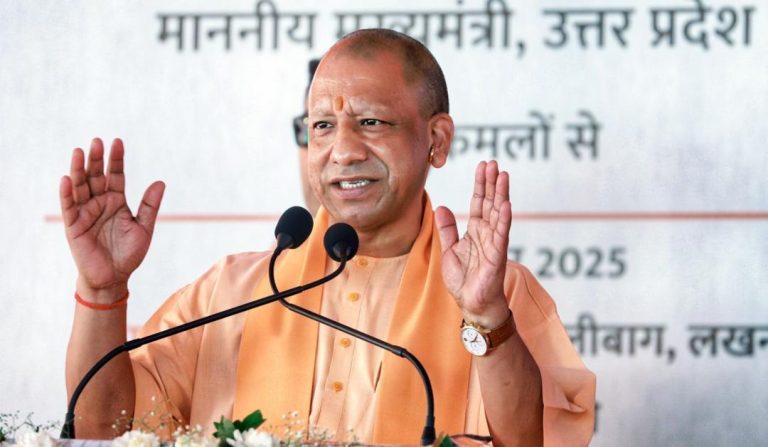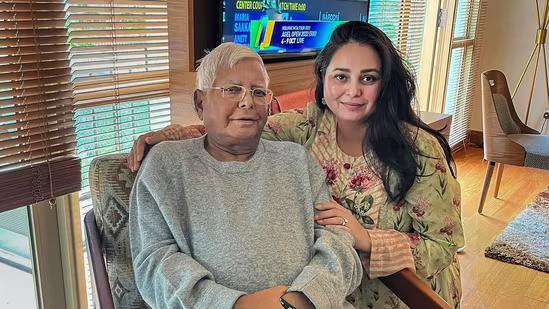
Startup Founder Claims He’s Looking for Job & No One is Answering, Says ‘I’m Just Floating’
The life of a startup founder is often romanticized as a thrilling ride filled with innovation, risk-taking, and ultimate success. However, the harsh reality is that many startups fail, leaving founders with a daunting task of finding a new path. A recent story of an Indian startup founder has caught attention, as he is desperately trying to find a job despite having shut down his company.
In an interview, the founder, who wishes to remain anonymous, shared his struggles with finding a job after his startup failed. He had shut down the company after his co-founders exited, leaving him to navigate the job market alone. The founder’s plea for help went viral, with many sympathizing with his plight.
“I’m not asking for a CXO role…I care deeply about my work…But still, I’m stuck. Too ‘founder-y’ for structured roles, not domain-specific enough for niche roles,” the founder said. “I’m just floating in between,” he added, expressing his frustration and helplessness.
The founder’s story is a stark reminder that even successful entrepreneurs can face setbacks and failures. It’s a challenging reality that many startup founders have to confront, and it’s not uncommon for them to struggle to find a job after their company shuts down.
The founder’s woes are compounded by the fact that he is finding it difficult to get a foot in the door due to his “founder” tag. Many companies, especially those in the startup ecosystem, are hesitant to hire someone with a failed startup under their belt. This bias is often fueled by the assumption that a founder is too used to being in charge and may not be willing to adapt to a new role or take direction from others.
The founder’s experience highlights the need for a more nuanced approach to hiring. Rather than dismissing candidates with a failed startup background, companies should focus on their skills, experience, and attitude. Many founders possess valuable skills that can be applied to various roles, and by overlooking their past, companies can tap into a rich pool of talent.
Moreover, the founder’s story underscores the importance of a safety net for startup founders. When a startup fails, the founders often find themselves without a steady income or a clear plan for the future. A safety net could provide financial support, mentorship, or training to help founders transition to new roles or start again.
The founder’s desperation to find a job is also a testament to his passion and dedication to his work. Despite facing rejection and disappointment, he remains committed to his craft and is eager to find a new challenge. His story is a reminder that entrepreneurship is not just about success, but also about resilience and perseverance.
As the founder navigates the job market, he is not alone. Many entrepreneurs face similar challenges, and it’s essential for the startup ecosystem to come together to support them. By sharing their stories, entrepreneurs can raise awareness about the challenges they face and work together to build a more inclusive and supportive community.
The founder’s plea for help has sparked a wider conversation about the struggles of startup founders and the need for a more compassionate approach to hiring. As the startup ecosystem continues to evolve, it’s crucial that we prioritize the well-being and success of our founders, both in times of triumph and adversity.




